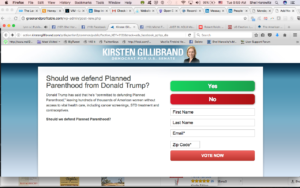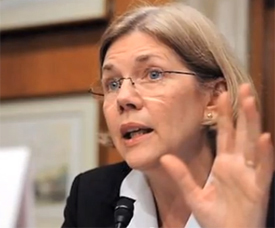I DID Give Him a Chance…And That’s Why I March
I’m starting this post at 2:30 a.m. on January 21, as I prepare to board a bus to Washington, joining the Women’s March for human rights that will greet the newly sworn in US president on his first full day of office. Hundreds of thousands are expected in Washington, New York, Los Angeles, and many smaller communities. Post-event note: at least 3.3 million to 4.6 million demonstrators came out around the US, plus hundreds of thousands more elsewhere in the world in more than 600 events. I’m finishing it the next day.
Several people have asked me, “Why don’t you give him a chance?” And my father-in-law, a liberal, shocked me with a different question: “He won. Why are you still marching?” Later, someone else asked me the same question on Facebook.

The Chances DT Has Failed to Take
I have given him not one chance but many, and he has failed to take them. I feel it is my patriotic duty to speak out against his agenda, to remind him that he not only has no sweeping mandate—he lost the popular vote “bigly”—and to remind my fellow Americans that his election was not clean and his behavior has not met any legitimacy tests.
This was already abundantly clear during the campaign. Back in August, I wrote an open letter to DT that called him out for his racism, misogyny, and bullying.
Despite my harsh language, when he eked out his narrow victory, I was still willing to give him lots of chances. But here’s what happened, just to name a few:
- I gave him a chance to repudiate the surge of hate crimes in the few weeks after the election. All I got was a weak and insincere “stop it”—followed by senior-level appointments of racists like Steve Bannon and Jeff Sessions
- I gave him a chance to take seriously the job of running the most powerful country in the world. I got a president who refuses most of his intelligence briefings and who can’t see his way clear to letting go of his role on TV’s “The Apprentice.”
- I gave him a chance to appoint experts in their fields to run the massive government departments, Most of those he has appointed are business people with no experience managing such a large bureaucracy and in many cases have stated opposition to the missions of their departments. The few who do have relevant experience are scary: for Attorney General, a man rejected by his own Senate for a judgeship because of racism; for Homeland Security, a Guantanamo torturer; for Secretary of State, the head of our largest oil company—a company that has foreign entanglements in Russia and elsewhere and created possibly the most effective corporate disinformation campaign ever, attacking the thoroughly documented science of climate change (which even Energy Secretary nominee Rick Perry, a former climate denier, now admits is real).
- I gave him the chance to take the job of governing seriously. But he is much too busy trying to make himself look like the hero of every battle. He is so self-absorbed that he has his press secretary make a statement—which contained at least four untruths in five minutes—that the media undercounted the attendance at the inauguration. Oh, that’s so important, ha ha ha (not to mention utterly false, as these pictures make abundantly clear). Yet another “look at me, I’m the greatest” response from a man who loves to criticize others but objects strenuously when anyone criticizes him. This is not presidential timber. It’s 3rd-grader behavior and it’s embarrassing.
- I gave him a chance to start telling the truth. Yet just as during the campaign, I’ve seen one outrageous lie after another. Examples: the ridiculous claim that he really won the popular vote and the above-mentioned false kvetching about the media distorting his inauguration’s attendance figures.
- I gave him a chance to disclose his taxes and to separate himself from his business interests. He has completely ignored the requests to make his taxes public. And instead of the usual blind trust, he’s turned his businesses over to his children, who also have roles in the government (despite anti-nepotism rules introduced after JFK appointed his brother as Attorney-General, which stopped appointments of family members by Carter and Reagan). He has been in violation of his lease with the GSA from the moment he took the oath of office.
I don’t want to make this blog into a book, so I will stop there. I would love to have been wrong on this. I would have deeply delighted in the emergence of a new and different DT, one who really was trying to “make America great.”
My Patriotic Duty
One final reason why I marched: the most important one of all! As a patriotic American who believes this country is already great and that DT’s and/or his surrogates’ policies on the environment, women’s rights, minority rights, education, freedom of the press and other freedoms in the Bill of Rights, and a whole host of other issues are not just the wrong path, but take us down the ugly (and utterly unacceptable) road that Germany and Russia took in the 1930s. I not only refuse to be part of that takedown, I feel it is my duty as someone who cares about my country to stand up and say NO. When my as-yet-unborn grandchildren ask me, decades from now, what I did to protect our country and planet at this critical time, I will be able to stand proudly, as my mother did about her role in the Civil Rights movement in the 1960s, and say that I was there. I stood up for what’s right.









